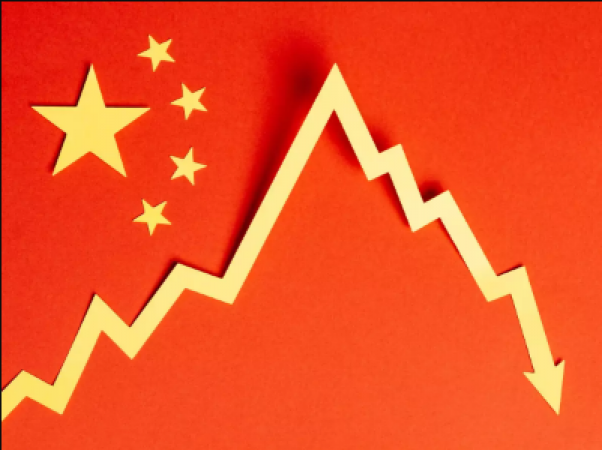
Beijing: Oil prices experienced a notable uptick on Friday, demonstrating a unique balance between concerns over supply shortages and potential economic downturns. Brent crude oil surged to $104.60 per barrel, while WTI crude oil escalated to $102.70 per barrel, marking a significant rise driven by a myriad of intertwined factors.
1. Geopolitical Unrest in Ukraine: A critical driver behind this surge is the ongoing conflict in Ukraine. This conflict has had a profound impact on global oil dynamics, with Russian oil exports, responsible for approximately 10% of worldwide supply, experiencing disruptions. Furthermore, the imposition of sanctions on Russia has compounded the challenge of exporting their oil, leading to a tightening of the global oil market.
2. Balancing on the Edge of Economic Slowdown: Simultaneously, the world economy is showing signs of deceleration, potentially influencing oil demand. Amid these concerns, the International Monetary Fund (IMF) has revised its growth projections for 2023 downward, with experts speculating the looming possibility of an economic recession. This economic uncertainty casts a shadow on future oil consumption, as diminished economic activity tends to correlate with reduced oil demand.
Also Read: US Trade Deficit Widens to Highest Level in 10 Years
3. OPEC+ Production Dynamics: Another crucial element contributing to this price surge is the cautious approach taken by the OPEC+ coalition—a group of oil-producing nations. Their reluctance to ramp up production has played a role in sustaining elevated oil prices. As the alliance prepares for its forthcoming meeting to discuss production strategies, a slight increase in output remains a potential outcome, adding an additional layer of uncertainty to oil price projections.
Also Read: Saudi Arabia and China Forge $1.33 Billion Worth of Collaborative Pacts
The surge in oil prices bears significant ramifications for global businesses and consumers alike. The accompanying increase in inflation can intensify the cost of living and conducting business. Furthermore, the enduring conflict in Ukraine remains a sizeable source of unpredictability. The duration and resolution of this conflict remain uncertain, clouding the overall outlook for the oil market.
Also Read: Unlocking the Economic Power of Travel: How Your Journeys Shape Local Economies
Given the complex interplay of geopolitical tensions, economic indicators, and production dynamics, the oil market is poised to remain volatile in the foreseeable future. Monitoring the situation closely is of paramount importance for all stakeholders involved. In preparation for higher oil prices, businesses and consumers must take proactive measures to mitigate the potential impact, whether through energy-efficient practices or strategic financial planning.
As the world navigates these multifaceted challenges, adaptability and a keen awareness of global events will be key factors in managing the evolving landscape of oil prices and their far-reaching consequences.